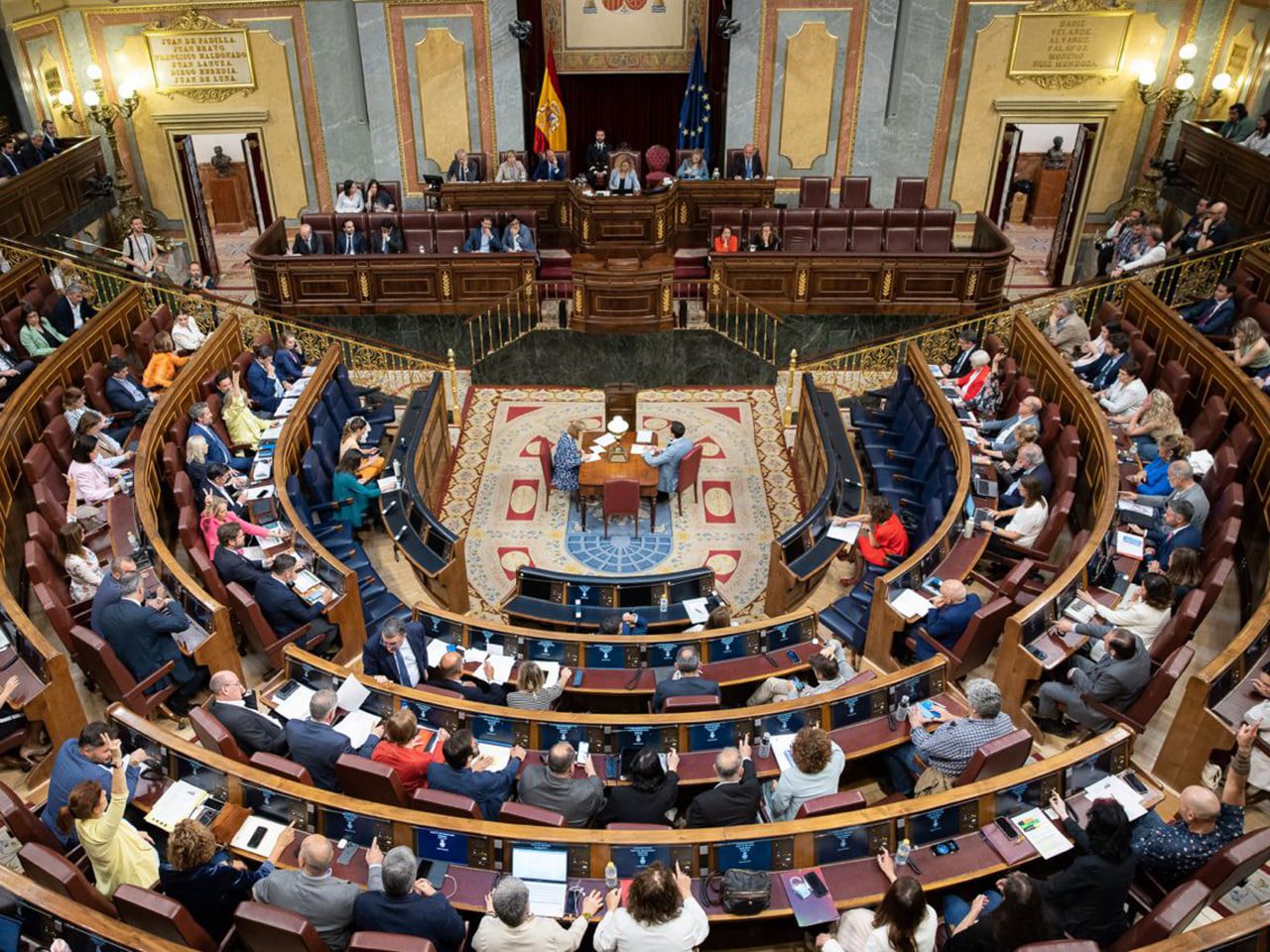The Government approves in the Congress of Deputies the Housing Law with the support of the investiture groups, except the PNV, and with the no of the Popular Party, law that limits the price of rents in stressed areas
Plenary session of the Congress has approved the draft Law on the Right to Housing agreed by the Government with ERC and EH Bildu, which limits rental prices in stressed areas.
The plenary has endorsed it with 176 votes in favor, 167 against and 1 abstention. This law has the support of PSOE, UP, ERC, Bildu, Más País and Compromís and the vote against of PP, Vox, Cs, Junts, PDeCAT, Coalición Canaria and, finally, also that of PNV, usual investiture partner that considers that it invades exclusive competences of the communities. The BNG abstained.
The law, which will pass to the Senate for review and final approval, may be in force before the regional and municipal elections on 28 May.
Limits on rental prices
As a novelty, the law puts a ceiling on the rent, which would be 2% for 2023, 3% in 2024 and in 2025 a new index based on the CPI would be applied. In addition, owners of more than 5 residential dwellings for rent are considered large holders, as opposed to the 10 in the preliminary draft that came out of the Council of Ministers 13 months ago.
The so-called large holders will be obliged by law to lower rents based on the reference index for properties located in stressed areas. These are those in which one of two conditions are met:
- Rents have risen three points above inflation in the last five years.
- That they represent more than 30% on average of the tenants’ income.

Image of today’s session of the Congress of Deputies. Photo: congreso.es
Initially the law would come into force 18 months after its definitive approval, but it passes to 6 months so that the rule enters into force before the General Elections at the end of the year.
Stressed areas
This law empowers the autonomous communities and city councils to declare a territorial area as a stressed residential market area, if the average cost of the mortgage or rent plus basic expenses and supplies exceeds 30% of the average household income or the purchase or rental price has increased at least three points above the CPI in the previous five years.
In these stressed areas, rents will be capped depending on the type of contract and ownership, by indexing to the previous rent in effect for small landlords and by applying the price containment index for large tenants.
Allowances for small property owners in stressed areas
In principle, it is maintained that those who have less than 5 houses for rent in stressed areas will have aid to lower the prices. To this end, a tax rebate system is included in the IRPF.
In the draft bill, 90% is contemplated if the rent is reduced by 5% of the total of the previous contract, 70% if it is rented to young people between 18 and 35 years old or if it is destined to social rent at a lower price and 60% bonus if the property has been rehabilitated in the two previous years.
If none of these requirements are met, the bonus would be 50%. In non-stressed areas, the caps are imposed on all owners.
Penalties and surcharges for vacant dwellings
With the intention of bringing supply to the market, the new law contemplates that the municipalities may apply an IBI surcharge of up to 150%. If the property has been empty for more than two years, the surcharge would be 50% and 100% if it has been empty for more than three years, with an additional surcharge of another 50% if the owner has two or more properties in that municipality.
It will be the Autonomous Communities who will have to communicate to the Ministry of Transport the number of empty dwellings in their territory. At the same time, the future regulation establishes that 20% of the new developments must be destined to social housing, either for rent or sale, if the work is carried out on urban land. If it has been reclassified as rustic land, the percentage rises to 40%.
Protection for evictions
The courts will have to ask the social services for a report to accredit if the person is vulnerable. If so, the eviction will be suspended until the Administration finds a housing alternative in the form of housing, for a period of two months if the plaintiff is an individual or four months if the plaintiff is a legal entity.






Leave A Comment